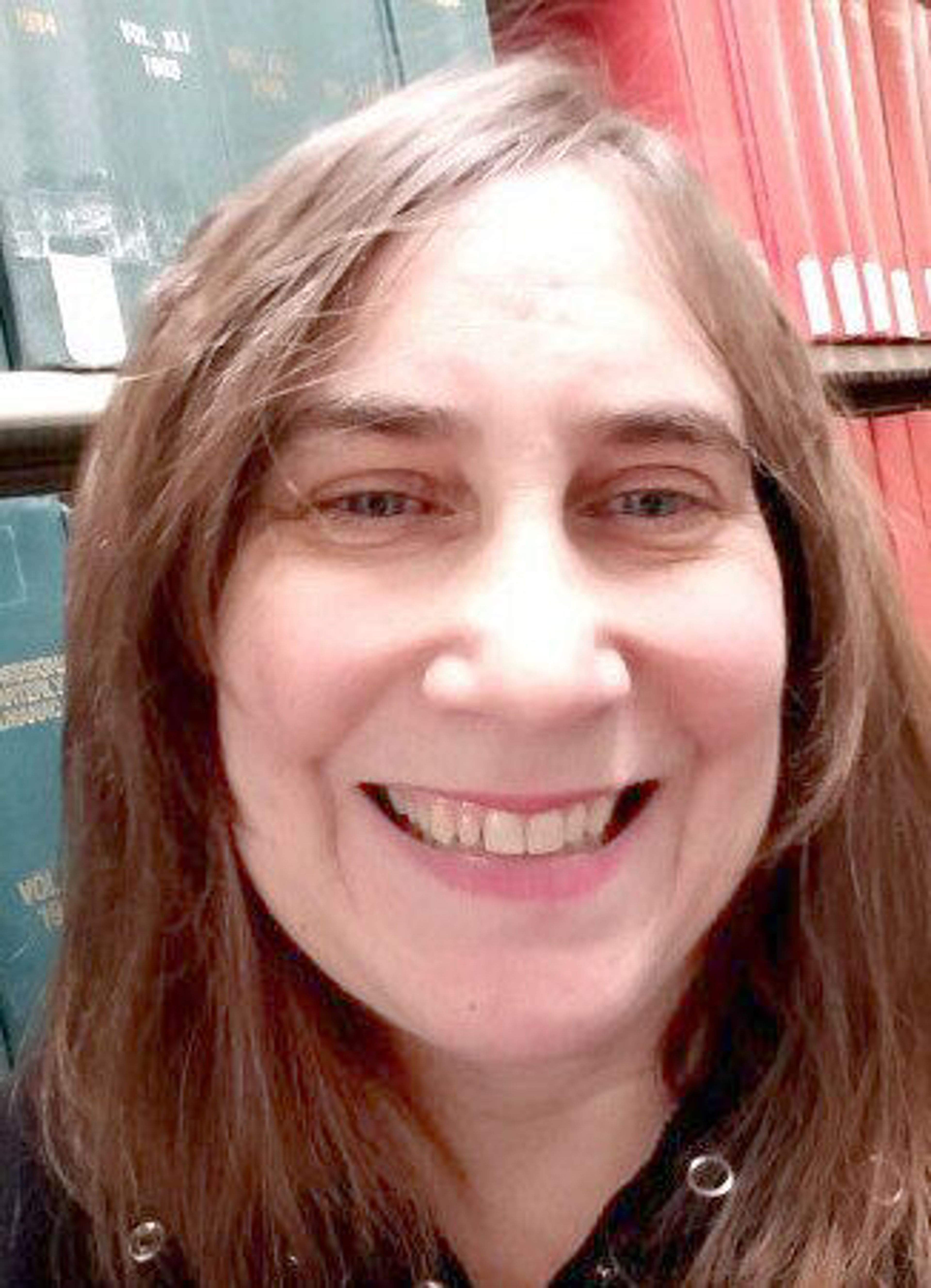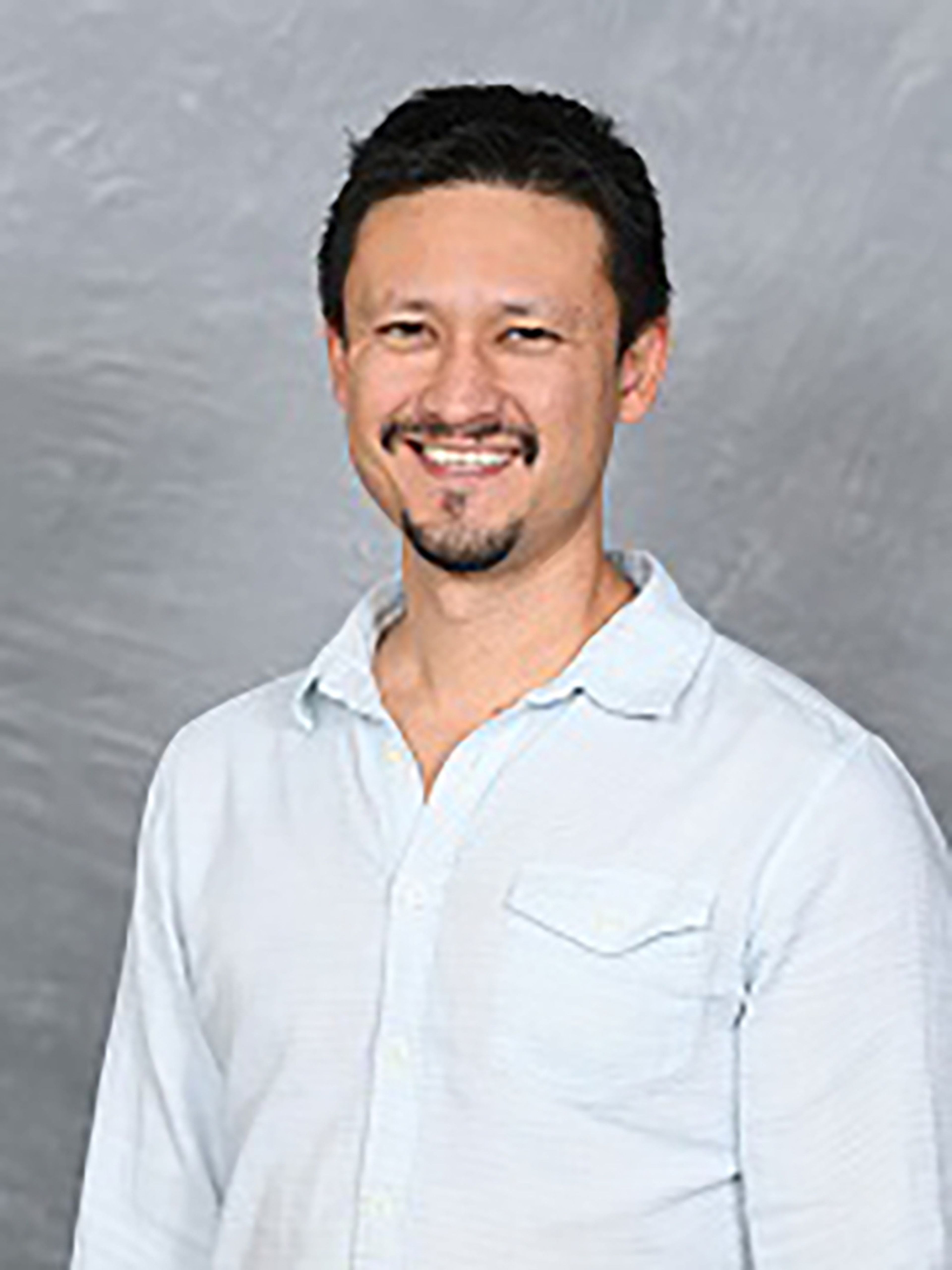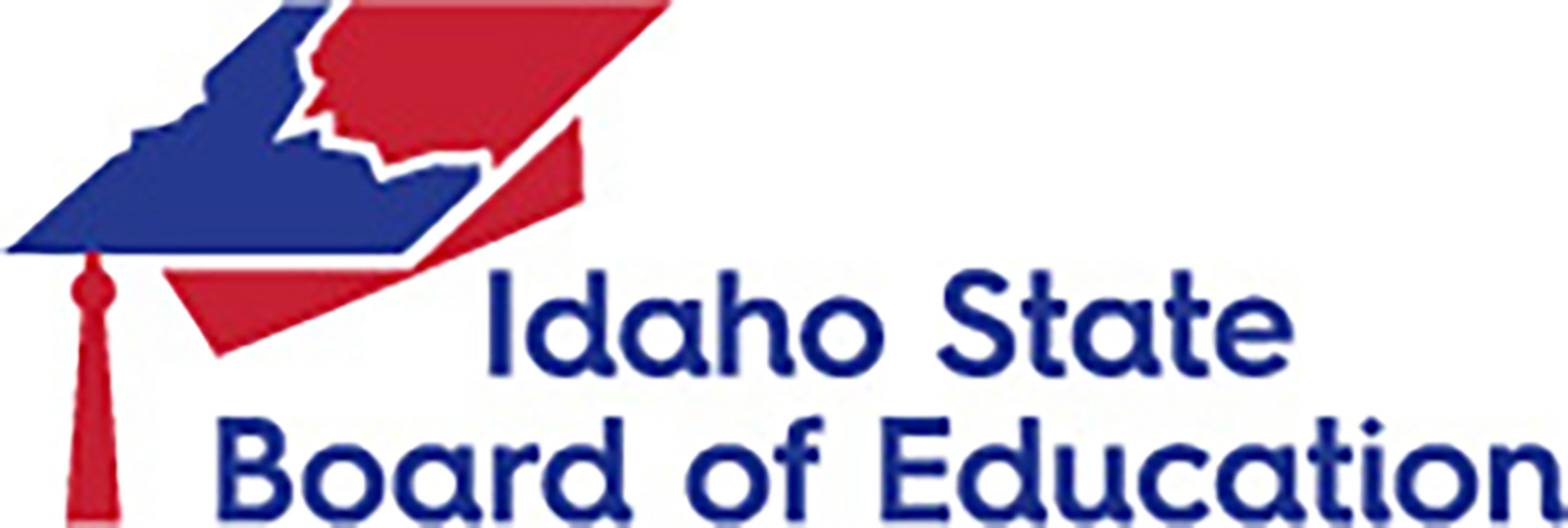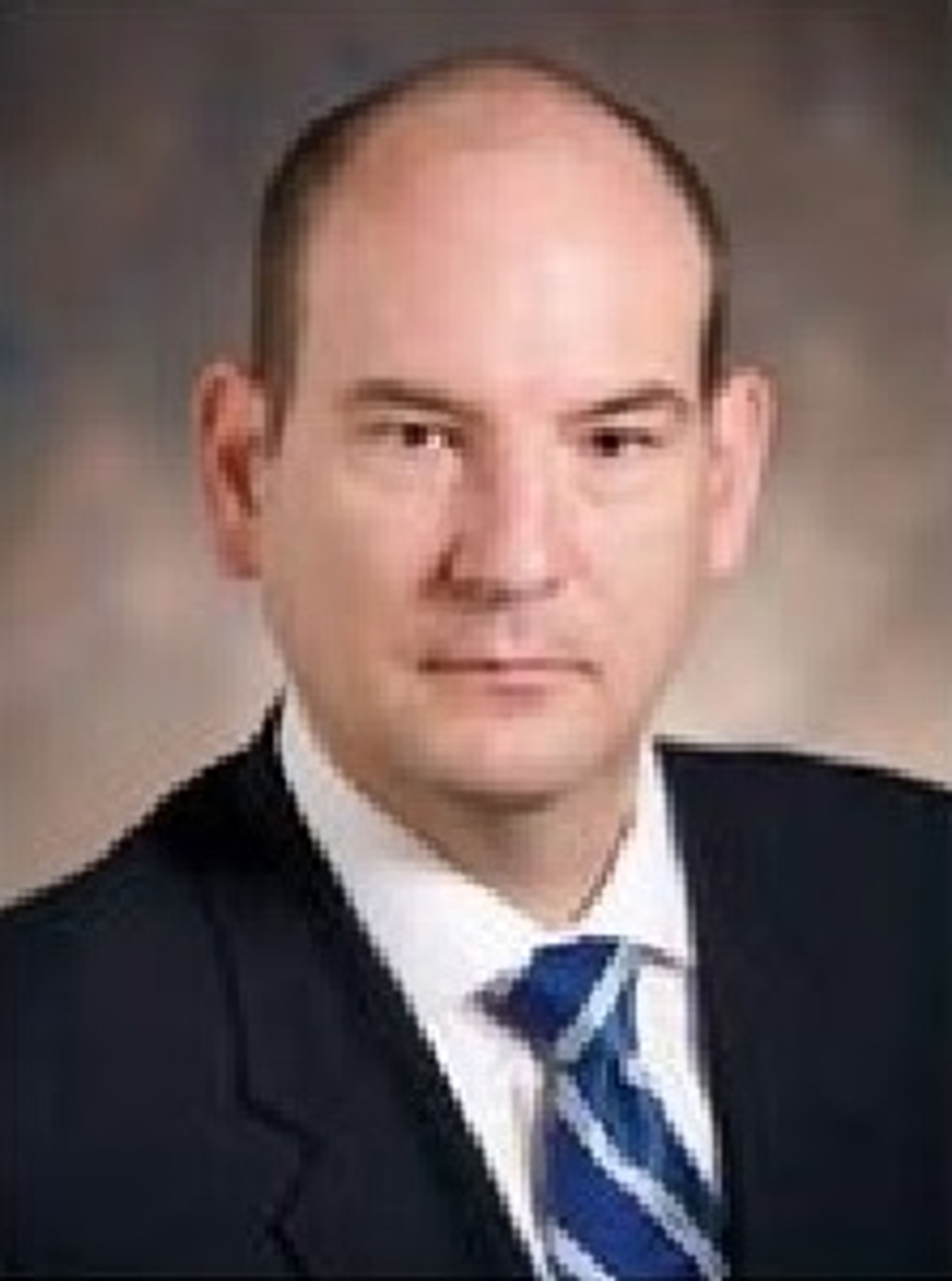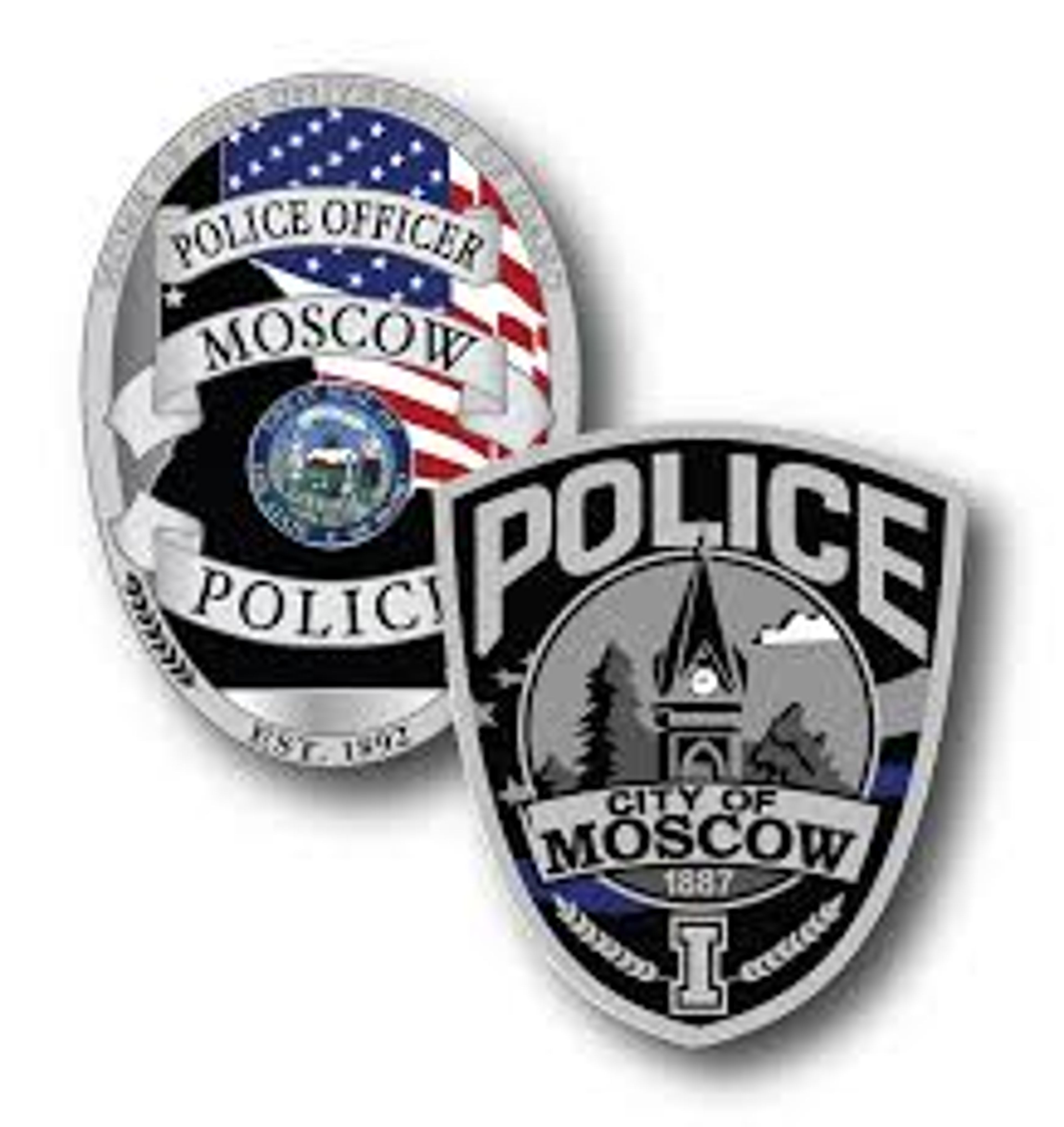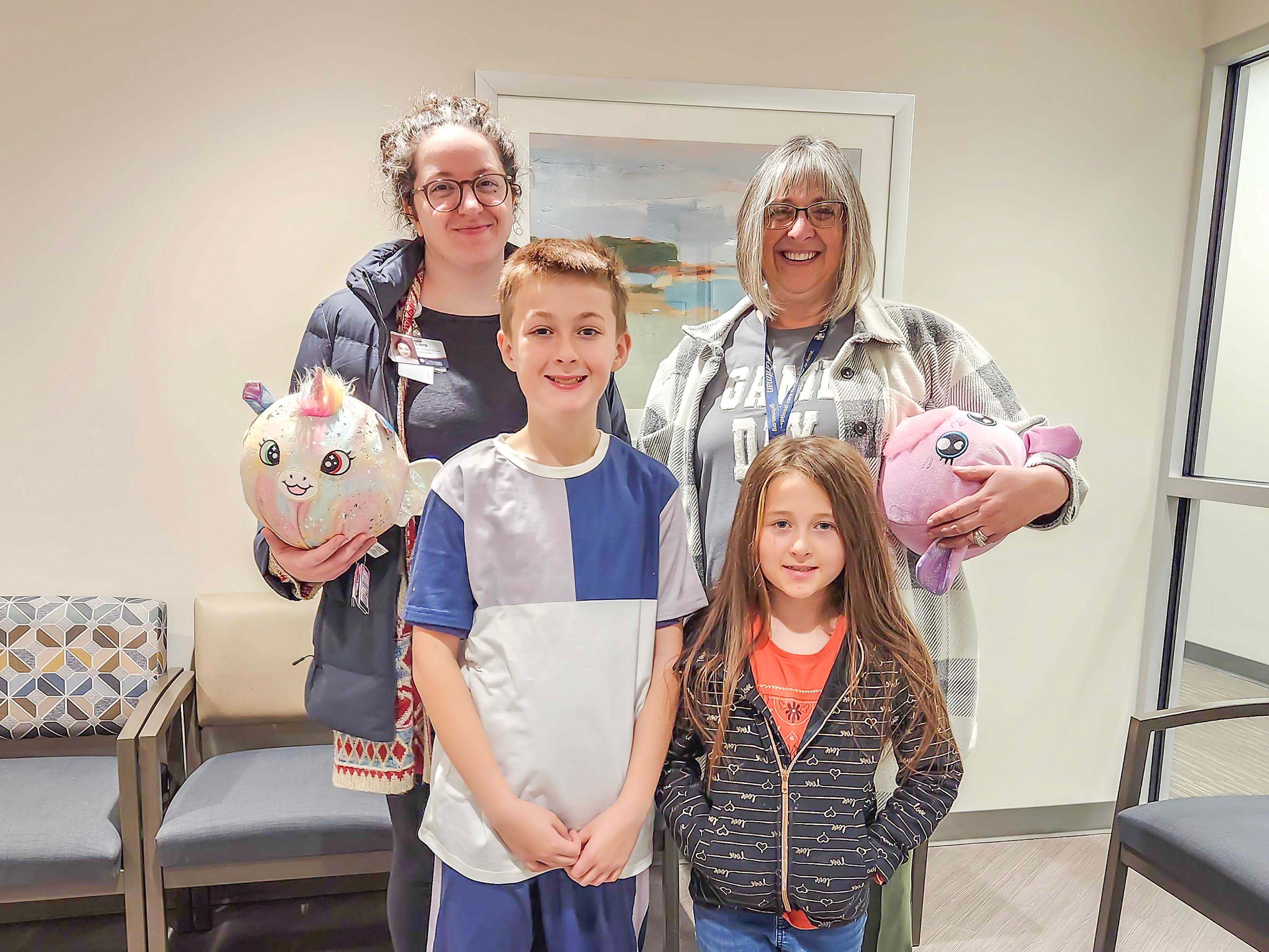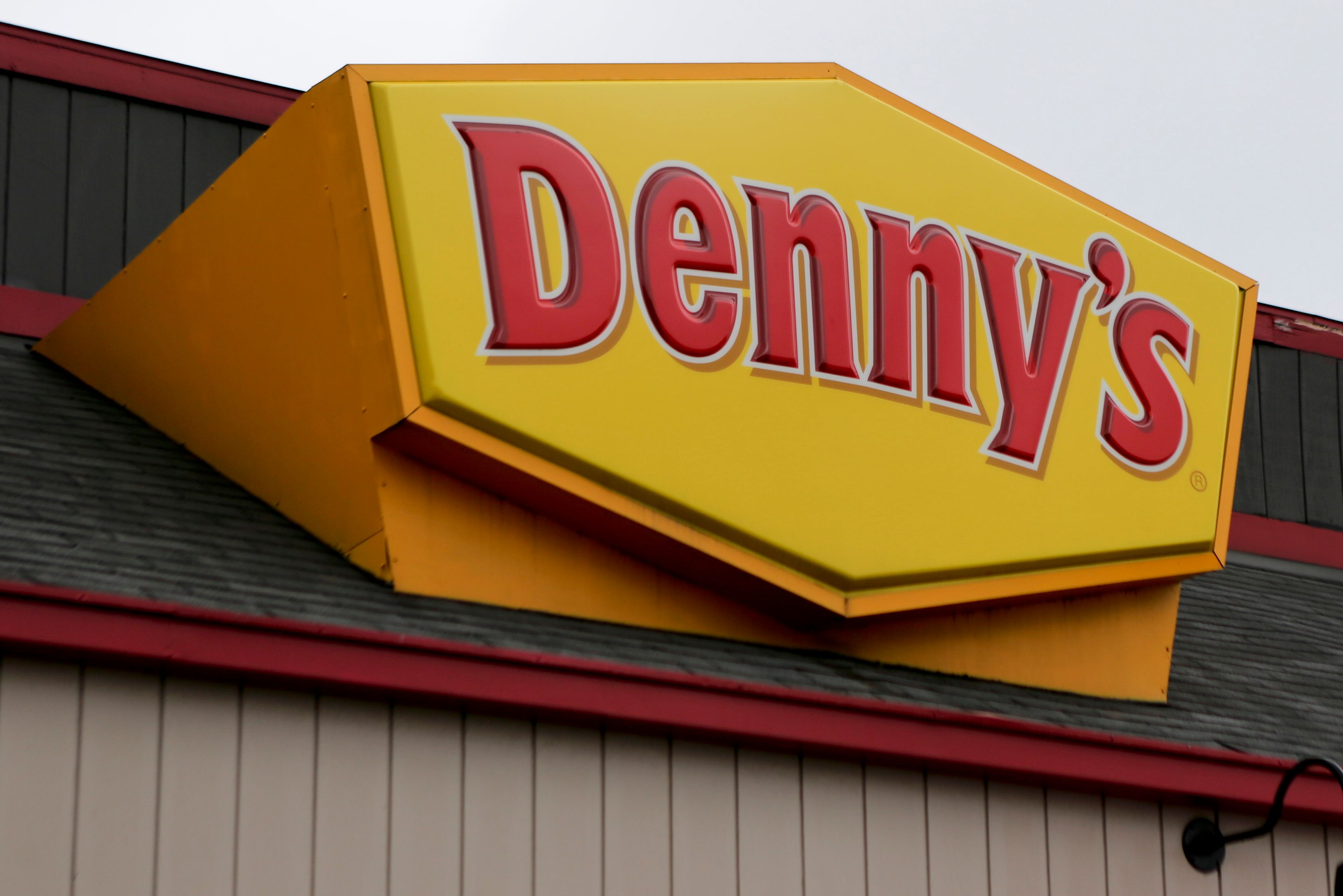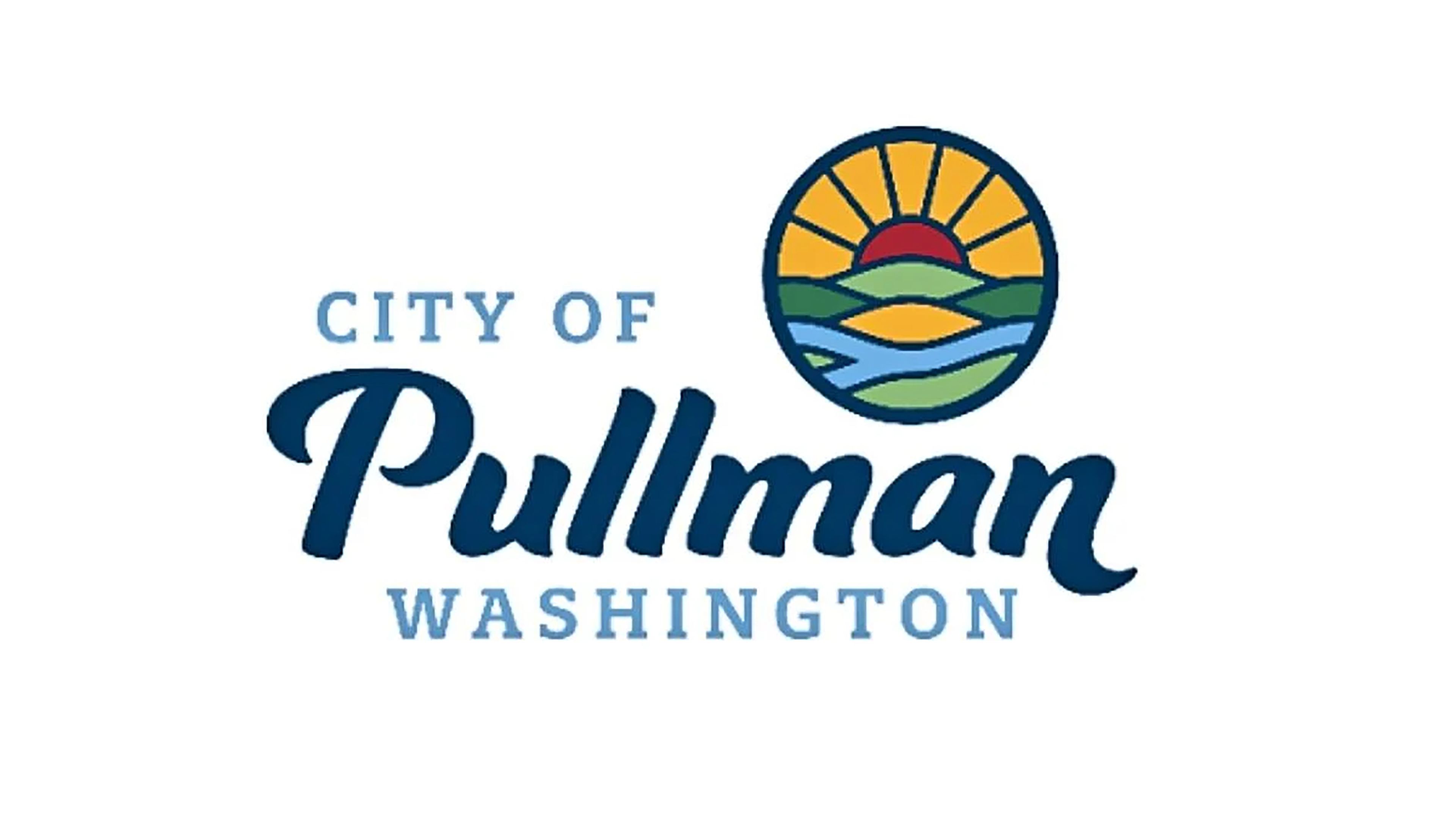Cookbook gems at WSU Libraries
At the library
Although I’m not much of a cook, I’ve always rather enjoyed reading cookbook recipes and the descriptive text that often goes along with them, so I recently read with interest a Washington Post article (bit.ly/31PFYCV) about libraries as valuable and free resources for cookbooks.
The article focused on cookbooks and cooking magazines (print and digital) from public libraries. But although I’m a big fan of Neill Public Library’s collections (in print and especially via Overdrive/Libby), I thought I’d spend my time in this column talking about cookbooks and related resources available at the Washington State University Libraries and online. It seems a bit cruel to talk about these books with the WSU Libraries physically closed because of the pandemic, but most of our books can still be checked out by WSU affiliates and community borrowers via the WSU Libraries website — and the doors eventually will re-open.
You might not think an academic library would care about cookbooks, but we do. Many are donations — I was recently looking at “World’s Favorite Recipes: Over 100 Tested Dishes from the United Nations” (1951) edited by the American Home Economics Association, and with a forward by Eleanor Roosevelt, that came as part of former sociology professor Fred Yoder’s donated collection. Some have disciplinary or regional connections, and some were purchased for the use of students over the years. I took a look at our collection and pulled up a few to highlight.
WSU’s Manu-scripts, Archives and Special Collections has some interesting titles. I found a few titles that connected cooking and medicine, including “A Collection Of Above Three Hundred Receipts in Cookery, Physick and Surgery: For the Use of All Good Wives, Tender Mothers, and Careful Nurses.” This must have been popular, because this copy is “The 2nd ed. to which is added, a 2nd part, containing a great number of excellent receipts, for preserving and conserving of sweet-meats &c.” This was written by Mary Kettilby and published in 1719.
I confess that I might be checking out Barbara Kafka’s 1987 “Microwave Gourmet,” published when microwave ovens were still relatively new. Her recipes were well-reviewed by Library Journal and Publisher’s Weekly at the time — and who knew microwaves could be used for anything else but reheating? (I did start this off by saying I wasn’t a good cook.) Related to this, is Hugh Acheson’s 2017 collection, “The Chef and the Slow Cooker,” which also is about taking a tool made for efficiency and using it to create higher-level meals.
I couldn’t resist the title pun and the really tasty description of “The Sioux Chef’s Indigenous Kitchen,” published in 2017 by the University of Minnesota Press and highlighting “modern indigenous cuisine of the Dakota and Minnesota territories.”
As a lover of cookies, I was intrigued by Annette Laslett Ross’ midcentury cookbook, “The Art of Making Good Cookies: Plain & Fancy,” written in 1963, the year I was born. I always find photographs of yummy baked goods a bit enthralling as well, so baking cookbooks are always of interest.
Cooking and cookbooks also are the subject of many areas of academic research, including food history. Jacqueline B. Williams’ 1996 WSU Press book, “The Way We Ate: Pacific Northwest Cooking, 1843-1900,” uses primary sources to show how settlers did their cooking (note: this title is available only to WSU affiliates currently). The Sifter (thesifter.org) is a free online database created by a food historian (and based in part on her research using her neighbor Julia Child’s cookbook library). It’s a great way to find trends in food history and to just explore.
An amazing free digital collection of cookbooks and related publications is at one of my absolute favorite resources, the Internet Public Library. Check out their Cookbooks and Home Economics Collection at bit.ly/2PJlWDx. The Library of Congress has a cool collection of community cookbooks — cookbooks compiled and sold as fundraisers — that links to digitized and freely available cookbooks at bit.ly/3msgUad. Surprisingly they only list one from Washington state, however in the WSU Libraries collection we have a 1976 cookbook compiled by Pullman’s Business and Professional Women’s Club.
Finally, it’s hard to think about cookbooks and recipes without wanting to do some menu planning. You may enjoy this collection of historical restaurant menus at menus.nypl.org. And while you are there, why not join in on the crowdsourced transcribing project they are doing?
O’English is a social sciences and government information librarian at Washington State University.
